|
When the COVID-19 pandemic first started to unfold, there were huge concerns about how it would affect African countries struggling with overstretched and underfunded health systems as well as existing diseases. The potential situation was often talked about in apocalyptic terms. But it hasn’t turned out that way. At the end of September when the world reached the million mark, the number of deaths on the continent stood at just under 36 000. Kevin Marsh and Moses Alobo examine the various theories that have emerged on why this has been the case.
In other news, the Nobel prize season is well underway. Scientists Emmanuelle Charpentier and Jennifer A. Doudna were awarded the prize for chemistry for their work on genome editing, the first time a science Nobel has been given to two women. The physics prize was awarded to Roger Penrose, Reinhard Genzel and Andrea Ghez for their research into black holes – a fitting tribute to the significance of these celestial phenomena that help create the architecture of the universe we live in. Gaurav Khanna describes how the work of Roger Penrose influenced not only him but a whole generation of astrophysicists.
|
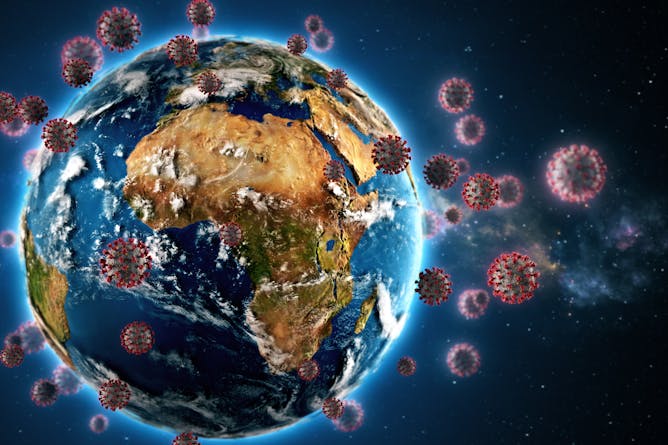
Shutterstock
Kevin Marsh, University of Oxford; Moses Alobo, African Academy of Sciences
The gap between predictions of COVID-19 deaths in Africa and what has actually happened is staggering.
|
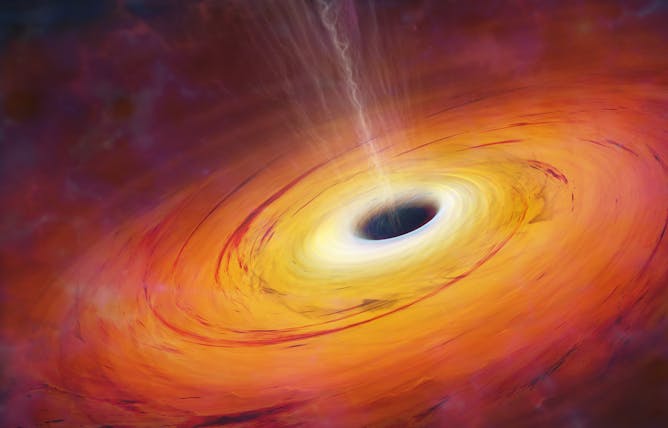
A black hole is an object so compact that nothing can escape its gravitational pull, not even light. They are formed when stars die and start collapsing under their own weight. Deep inside the black hole resides an infinitely hot and dense object, a so-called, singularity.
Science Photo Library - MARK GARLICK/Getty Images
Gaurav Khanna, University of Massachusetts Dartmouth
The 2020 Nobel Prize in physics was awarded to three scientists – an Englishman, an American and a German – for breakthroughs in understanding the most mysterious objects in the universe: black holes.
|
Science + Technology
|
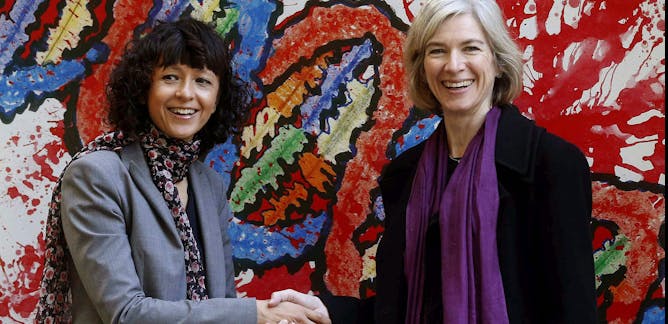
Kalpana Surendranath, University of Westminster
Emmanuelle Charpentier and Jennifer Doudna share the Nobel prize for chemistry for their CRISPR/Cas9 tool to rewrite the blueprint of life.
| |
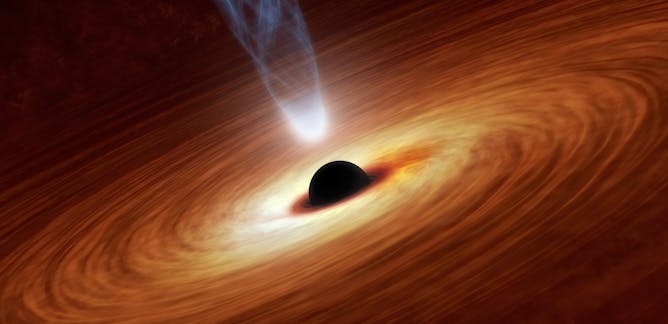
Andrew King, University of Leicester
Roger Penrose helped resurrect Einstein's general theory of relativity, and Reinhard Genzel and Andrea Ghez showed there was a black hole in the middle of our galaxy.
|
|
|
Environment + Energy
|
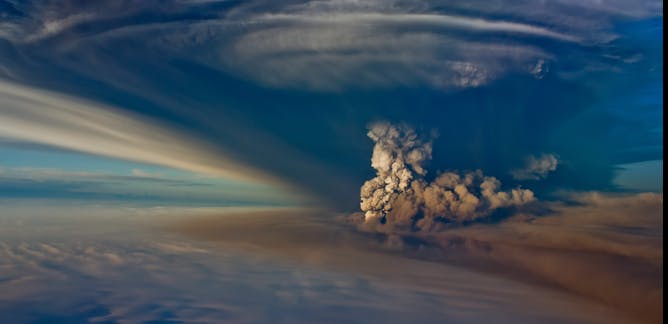
Dave McGarvie, Lancaster University
Icelandic authorities have recently raised the threat level of the Grímsvötn volcano.
| |
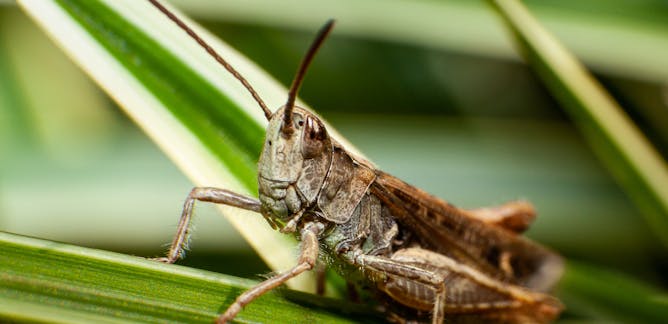
Frances Duncan, University of the Witwatersrand
Locust outbreaks are driven by unusual climatic conditions.
|
|
|
Arts + Culture
|

Ken Murray, University of Melbourne
Eddie Van Halen has died aged 65. He will be remembered for his virtuoso playing, particularly his groundbreaking, two-handed, finger-tapping technique.
| |

Gianluca Sergi, University of Nottingham
What Hollywood studio bosses seem not to realise is that they're trying to save US$1 billion but could lose ten times as much as a result.
|
|
|